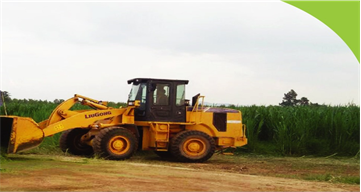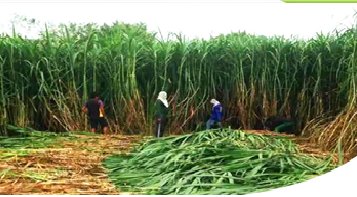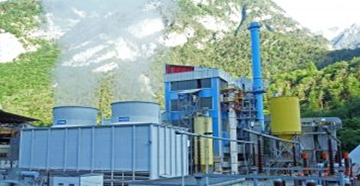Agricultural Education and Innovation-Renewable Energy



There are many potential advantages to using biomass instead of fossil fuels for meeting energy needs. Specific benefits depend upon the intended use and fuel source, but often include: greenhouse gas and other air pollutant reductions, energy cost savings, local economic development, waste reduction, and the security of a domestic fuel supply. In addition, biomass is more flexible (e.g., can generate both power and heat) and reliable (as a non-intermittent resource) as an energy option than many other sources of renewable energy.
Why Local Generation?
Electricity created at large plants located far from the consuming population needs to be converted into very high voltages to avoid losing much of the power as it travels the transmission lines. As the voltage increases the transmission lines need to be raised higher off the ground, more land for right of ways and larger transformer costs. When smaller generation facilities are located near lower density populations the transmission distance is no longer a problem that requires ultra high voltage lines. Once the capital outlay and ongoing operational expense of high voltage transmission facilities is removed the economics are re-balanced, creating opportunities for municipalities and co-operatives. Can be fermented into biogas, Can be compressed into green pellets, green briquettes or Bio-Methane gas,Can be developed into Bio-Fuel Can be processed, via torrefaction, into BioVoltz black Bio-Coal pellets, Can be planted on uncultivated land and Increases soil fertility.
